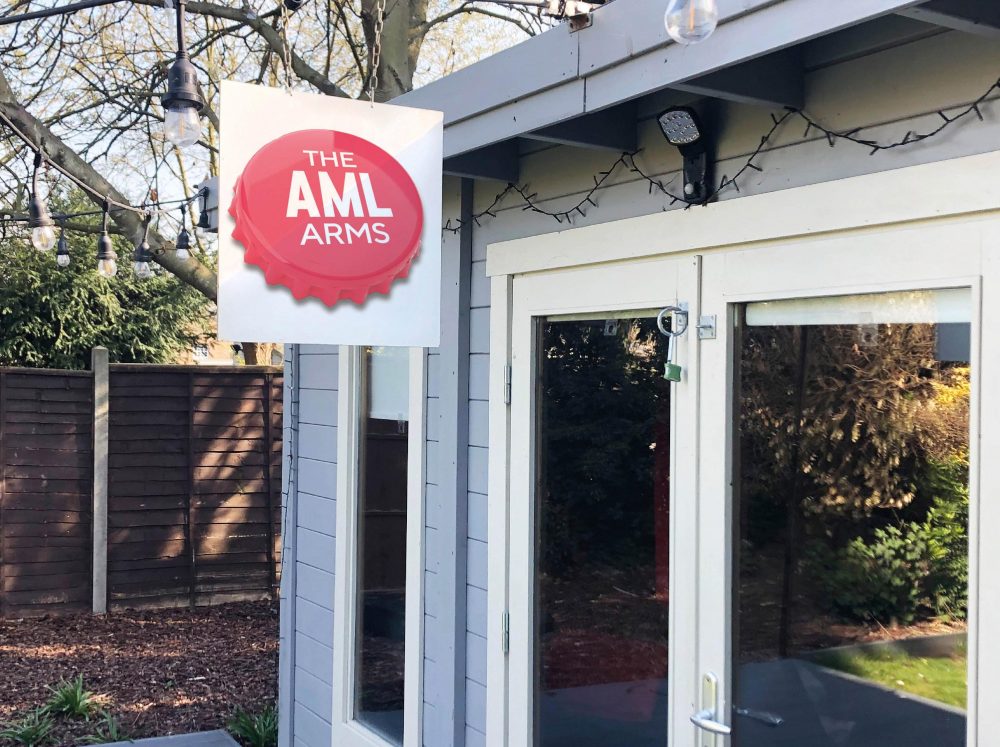The reason lies in the difference between two kinds of trust; relational trust and transactional trust. One is emotional and unconditional; the other is rational and conditional. One is loyal, forgiving and warm; the other is fickle, uncompromising and cold. Guess which one is the NHS and which one is the bank. Not difficult, is it?
The NHS is almost universally loved and fiercely protected despite a business model which must at some point become unsustainable, if it hasn’t already gone way past that. An ageing population, medical science that can perform miracles (at an increasing cost) and an expectation that its services will be permanently free combine to create potentially infinite demand from a vast but finite budget.
Because the relationship we have with the NHS is one of gratitude for the excellence of its care (often making the vital difference at life’s most frightening moments), admiration for the dedication and selflessness of its staff and fierce national pride, the creakings of this unwieldy structure are quickly forgotten. Dismissive GPs, uncomfortable waits in overcrowded A&Es, dodgy diagnoses and overstretched care services are among the incessant complaints. But these are short-term transactions so they barely make a scratch on the relational trust we invest in the NHS.
Banks, on the other hand, can barely dream of that kind of relationship with their customers – no matter how hard they try. Their advertising campaigns talk of helpful banks, being at your side, listening, caring, giving. Staff are incentivized by how happy they make customers. Billions are invested in more secure, faster, more efficient technology. The bills get paid. The loans are made, the ATM is always full of crisp twenties. But no-one cares.
It’s sad, really. Because all that effort is being spent on winning the wrong sort of trust – the belief that if we ask a bank to do something, it’ll do it. If another bank does the same thing cheaper or better we’ll complain bitterly and (if we can be bothered or care enough) just go somewhere else. It takes a very long time to turn transactional trust into relational trust and at any point along the way it can easily be broken – by a failed transaction, for instance.
So can banks do anything about it? Possibly – the Lloyds Bank ad campaign featuring its trademark black horses (helping doughty Britons of years gone by man the lifeboats or plough the fields) has some pulling power. And First Direct’s years of dedication to the customer experience management has earned a grudging respect and loyalty (even if it’s only for fear of something worse).
In a way, it’s not a fair fight. Last year I had a fairly nasty accident and in a lot of pain I was quickly scooped off the road by a kind and competent crew driving a well-equipped ambulance. At the large, clean, modern hospital a radiologist with a vastly expensive scanner examined the damage to my body in high-definition, teeth-sucking detail. Doctors, nurses, physios, cooks, pharmacists and many more spent their time and energy getting me back on my feet.
I love them for it. And I know I’m not the only one. Relational trust for the NHS is off the scale and I’ll man the barricades to defend it along with everyone else (even though I know all about the problems, the queues, the ballooning budget). I trust my bank to do what I ask of it. I’ll even admit to a certain fondness for its red and purple foibles. But will I ever truly love my bank? It’s unlikely.
This article first appeared in Chartered Banker magazine


